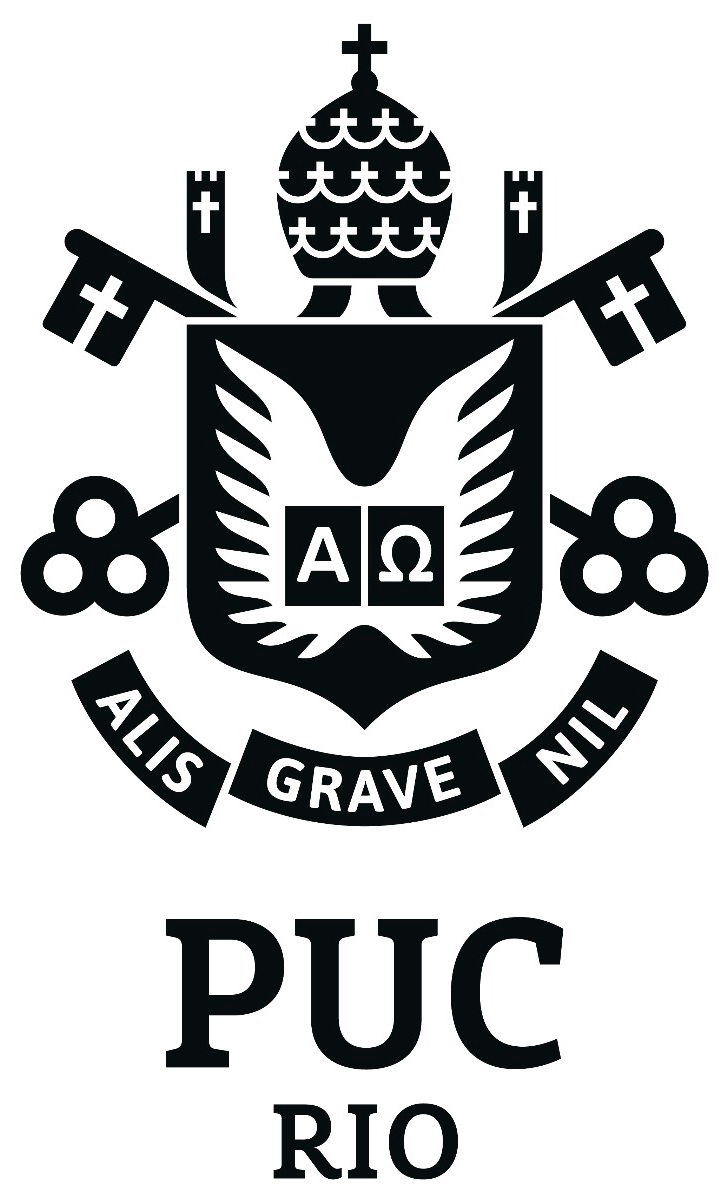Accountability and Corruption: Political Institutions Matter
Economics and Politics, v. 17, n. 1, p. 1-35, 2005
Rodrigo Reis Soares.
Acesse o artigoThis study uses a cross-country panel to examine the determinants of corruption, paying particular attention to political institutions that increase accountability. Even though the theoretical literature has stressed the importance of political institutions in determining corruption, the empirical literature is relatively scarce. Our results confirm the role of political institutions in determining the prevalence of corruption. Democracies, parliamentary systems, political stability, and freedom of press are all associated with lower corruption. Additionally, common results of the previous empirical literature, related to openness and legal tradition, do not hold once political variables are taken into account.
See also
Public Ownership and Anti-Preemption (a sair)
The RAND Journal of Economics, 2025
Juliano Assunção, Sergey Mityakov , Robert Townsend .
Estimating the Welfare Cost of Labor Supply Frictions (a sair)
Journal of Public Economics, 2025
Katy Bergstrom, William Dodds, Nicholas Lacoste, Juan Rios.
The Value of Health Insurance: A Household Job Search Approach ( a sair)
Journal of Labor Economics, 2025
Renata Narita, Rita Ginja, Gabriela Conti.

